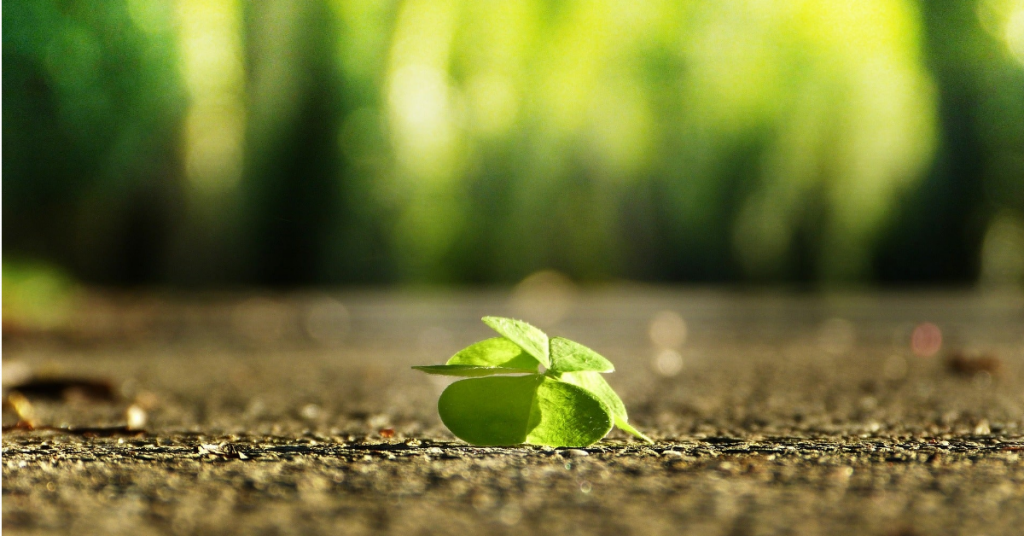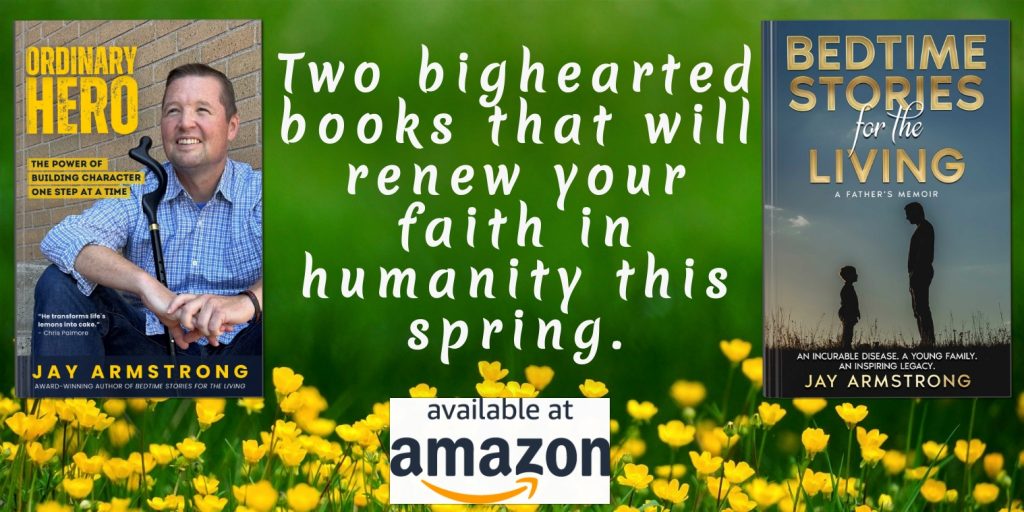The world is a mess. Is it okay to be hopeful?
Hopecrumbs: A Paradox

A paradox is a contradiction.
For example, the only constant is change or to make money you have to spend money or the silent moments speak the loudest.
I’ve concluded–it’s hard here. We have global warming, broken political systems, nuclear bombs, border wars, ethnic wars, holy wars, earthquakes, serial killers, depression, suicide, high interest rates and reality TV.
So with a world ripened with suffering, uncertainty, and hopelessness sometimes I wonder if it’s okay to be hopeful in this world?
To remain hopeful in a hopeless world is the uniquely human paradox we must consider as we digest the nightly news.
Lately, I’ve been obsessed with plague-ridden 16th century France. I find it interesting how such a tumultuous, deadly and seemingly hopeless time led to some incredible, advanced thinking about humanity that remains relevant today. I won’t go all Britannica here but in the first half of the 16th century, bitterness brewed between Catholics and Protestants over religious ideologies and French land territories. On August 22,1572 the Protestant Leader Admiral Gaspard de Coligny was assassinated by soldiers of the Catholic Royal Guard. Colingy’s death sparked what became known as The St. Bartholomew’s Day massacre on August 24 where thousands of Protesters were murdered by hordes of bloodthirsty Catholics who claimed, “they were doing God’s work.” Apparently– this religious paradox– of claiming “doing God’s work” was and still is justification for violence.
Last weekend I hosted the, “Yo Philly, Stand Up To Ataxia–A Night of Charity and Comedy.” An event that, as I write this letter to you, exceeded the financial goal of $15,000, and has raised almost $16,000 for ataxia research. The success and charity of the event made me hopeful that, one day, a cure for this cruel disease will be discovered.
Then I read the Michael J Fox Foundation has raised over $2 billion dollars for research to, one day, discover a cure for another cruel neurological disease– Parkinson’s.
My heart sank, my chest flamed with doubt, and my hope curdled. I know curing an incurable disease takes a lot of money, but they have raised two billion dollars and still haven’t cured Parkinson’s. At that moment my $16,000 seemed so insignificant. As if my efforts might be used to order some petri dishes and cotton swabs.

Sometimes it feels your best efforts are never enough. Sometimes it feels like remaining hopeful, while being crushed by your seemingly incurable opposition, seems hopeless. If this is humanity’s paradox, I’m learning that, no matter how hopeless our situation appears, we are never not far from hope.
If we have the courage to tilt our perspective, find a grain of gratitude,or engage in a small act of self-empowerment, we don’t have to wait for one day to be hopeful. We can be hopeful right now.
Despite the civil and religious unrest of 16th century France, there was a growing interest in the human condition. Led by writers Michel de Montaigne and Jean-Jocques Rousseau, this Renaissance believed that improvement of any kind– societal, religious, environmental– began with improving oneself. They believed that “one was like everyone else” and that each person “carries the entire form of the human condition.” Renaissance thinkers believed that the world’s state was a mere reflection of humanity.
Ironically, they felt the current people were suffering from “atataxia,” meaning people had lost their figurative equilibrium and to regain their balance, has to retreat inward toward their hope. If an individual wanted to live in a more hopeful 16th century France, then they themselves had to become more hopeful.
It’s 2024 and like 16th century France, the world is still a volatile paradox littered with incurable differences, incurable indifference, and incurable diseases yet it’s still a starry place streaked with hope. Because hope is what continues to drive people to keep on going, keep on finding the right way. If people are increasingly losing that hope, the right way will be lost.
While doom scrolling through your phone tonight, it’s easy to forget that people still remain the world’s lone hope source. Without us there is no hope.
And right now, like those hopeful 16th century souls did, it’s our responsibility to drop hopecrumbs on life’s trail not just for us but for those unborn yet hopeful souls who might find themselves lost, enduring some futuristic chaos and wondering if it’s okay to be hopeful in a seemingly hopeless world.
Be well,
Jay

Donation Link: https://fundraise.givesmart.com/vf/comedypa
~~
One Line, One Love Episode 19: Writer’s Toolbox– Juggling Verbs
Do you sometimes get bored with your own writing? Did you ever get bored while reading a book and didn’t know why? In this episode, Gail and Jay have a lively conversation about verb choice. They talk about why verbs are equally important to both the writer and reader. They also provide strategies for improving your verb choice. If you’re an everyday writer who wants to learn how improve their writing with compelling verbs then this quick, 20 minute episode is a must listen.

OLOL is a unique listening and reading experience that will inspire everyday writers, who dream of writing, to pick up their pens and write one line at a time.
This podblog format (a hybrid of a podcast and blog) is for everyday writers who–like me–often need a creative boost, a scrap of encouragement, and practical advice to unleash the writer within. Each episode consists of five wide-ranging, writer-focused questions and a weekly writing prompt.
Please check it out! And please share with any writer friends or anyone in your life who has ever considered picking up the pen.
~~

Purchase Link
~~
Warm greetings to everyone who found me on the University of Pennsylvania’s Ataxia Clinic’s website! Thanks for stopping by. I have ataxia and though I’m not a doctor, I hope my words comfort, encourage, empower, and serve as good company on your journey.

~~
Jay Armstrong is a speaker and an award-winning author. Despite being diagnosed with a rare neurological disease, that impairs his movement, balance, eyesight, and speech–Jay presses on. The leader of the Philadelphia Ataxia Support Group, he hopes to help you find joy, peace, and meaning in life.




